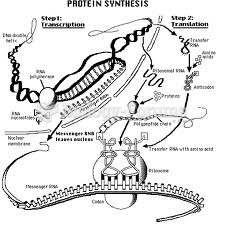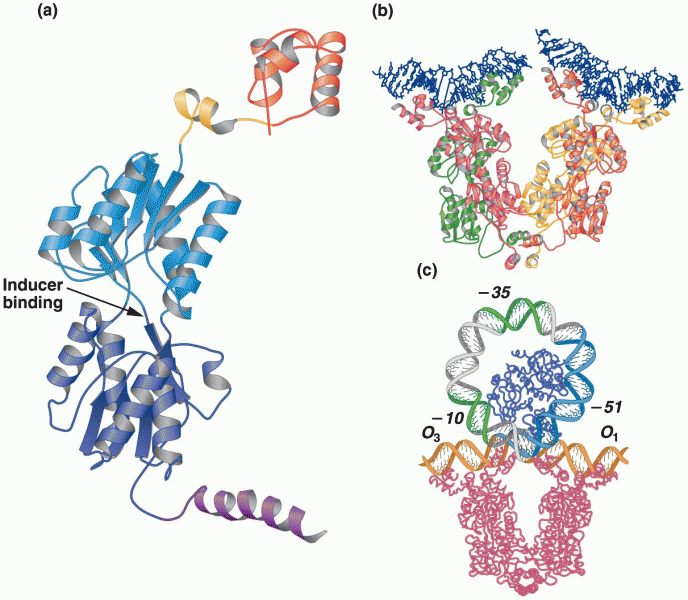|
|
|
Earwax has antimicrobial properties that reduce the viability of bacteria and fungus in the human ear.
If all the neurons in the human body were lined up, they would stretch more than 600 miles.
Chronic necrotizing aspergillosis has a slowly progressive process that, unlike invasive aspergillosis, does not spread to other organ systems or the blood vessels. It most often affects middle-aged and elderly individuals, spreading to surrounding tissue in the lungs. The disease often does not respond to conventionally successful treatments, and requires individualized therapies in order to keep it from becoming life-threatening.
According to research, pregnant women tend to eat more if carrying a baby boy. Male fetuses may secrete a chemical that stimulates their mothers to step up her energy intake.
In most cases, kidneys can recover from almost complete loss of function, such as in acute kidney (renal) failure.







